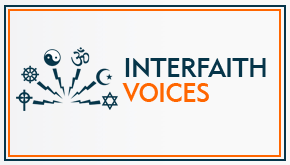This week we take a closer look at how the moral emotions and ideas about order and justice have shaped just war thinking and public rhetoric with Dr. Valerie Morkeicius, Associate Professor of Political Science at Colgate University. She reviews how religious traditions have shaped just war thinking, its application in real politics today and how moral injury shapes our response to conflict and war.
Teaching Ourselves to See the Humanity in Others
“Once you know you can feel empathy and passion for people who are suffering, it’s time to reflect and think about other conflicts and our response,” according to Dr. Valerie Morkevicius, author of Realist Ethics and an associate professor of Political Science from Colgate University. Morkevicius explores the role of moral injury and how those feelings of empathy are foundational to the evolution of just war frameworks rooted in early Christianity.
Is it Ever Ethical to Go to War?
Morkevicius describes the origin of just war In the Christian tradition that evolved by the 13th century – reviewing the six core principles, how they evolved, and why. From the importance of discouraging individual actions in a feudal society to the slippery idea of righting wrongs. Morkevicius unpacks how each principle applies to the current conflict from moral injury to the collateral damage or costs caused by modern hybrid warfare.
A Comparative View of Just War – Hinduism, Judaism, Christianity and Islam
Morkevicius reviews how the similarities of just war principles suggest that the religious practices were grounded in real politics. She draws out differences and lessons to be learned in thinking about war and conflict today.



